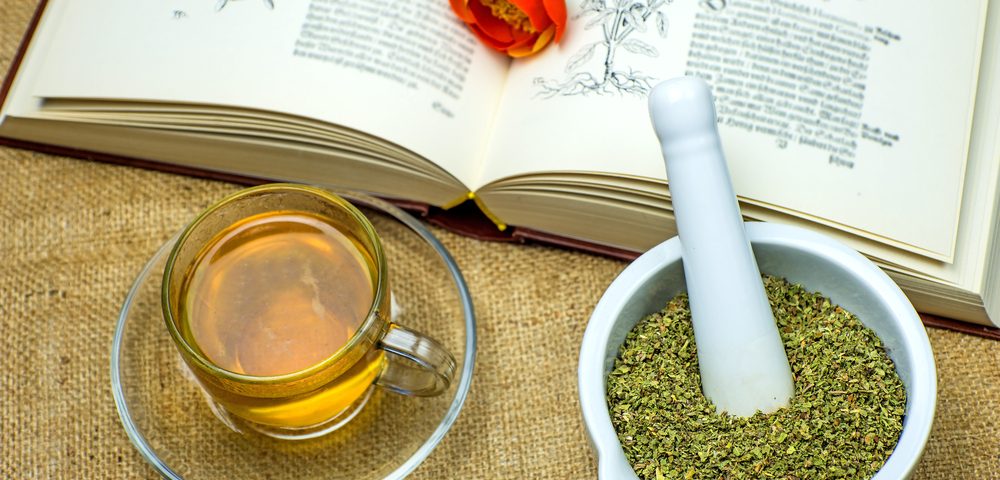Albert Einstein College of Medicine researchers have reviewed clinical data concerning the use of phytotherapy for the management of benign prostatic hyperplasia (BPH) and found that early clinical trials that seemed efficacious had significant limitations.
More recent, well-conducted clinical studies indicate that phytotherapy, despite it being safe, has no added benefits when compared to placebo. The review paper, “Phytotherapy for Benign Prostatic Hyperplasia,” was published in Current Urology Reports.
Benign prostatic hyperplasia (BPH), the non-malignant enlargement of the prostate, is associated with the onset of bladder outflow obstruction and a series of lower urinary tract symptoms (LUTS), relatively common ailments but ones that can significantly affect a patient’s quality of life. BPH is commonly managed by a series of therapeutic options from lifestyle changes, to pharmacological options, and surgical procedures.
In recent decades, complementary and alternative medicines have become increasingly popular for the treatment of BPH in an industry reaching nearly $6.4 billion in U.S. sales in in 2014. But this popularity is not based on clear proven efficacy, as the evidence supporting the continued use of phytotherapy for symptomatic BPH is questionable and clinical trial results have been mixed.
Researchers wanted to update the scientific knowledge with the most recent literature regarding phytotherapy use for BPH, with a special emphasis on saw palmetto berry (SPB), one of the most studied compounds and the most commonly used phytotherapeutic agent for BPH.
SPB fruits are ground into an herbal therapy where the chemically active components are mainly free fatty acids (FFA). Several mechanisms of action for SPB have been proposed by researchers, but no consensus has been reached, suggesting that the hypothesized mechanism of action is likely multifactorial. Permixon (Pierre Fabre Medicament in Castres, France) is the most studied formulation of SPB.
Studies have systematically confirmed the safety and tolerability of saw palmetto berry, but previously shown efficacy is now attributed to mistakes, such as short duration of studies, poor treatment concealment, and poor study design. More recent and better-designed studies have shown no advantage over placebo, and many studies rely on a combination of drugs, which, according to the authors, “do not elucidate how these treatments work physiologically, and whether the clinical response is from the phytotherapies, the traditional drugs, the combinations, or the placebo effect.”
Although the majority of literature focuses on SPB, researchers found other phytotherapies worth mentioning, namely Pygeum africanum, Secale cereale, and Hypoxis rooperi, whose performance in clinical trials has been also inconclusive or showed no efficacy.
“Patients should be counseled that while many of these agents demonstrate acceptable safety profiles, the utility of their use in decreasing obstructive symptoms is still unproven and undefined. In light of this, phytotherapy should be strongly discouraged in patients with significant BPH symptoms and made aware that there are standard allopathic medications with proven efficacy available to them,” the researchers concluded.

